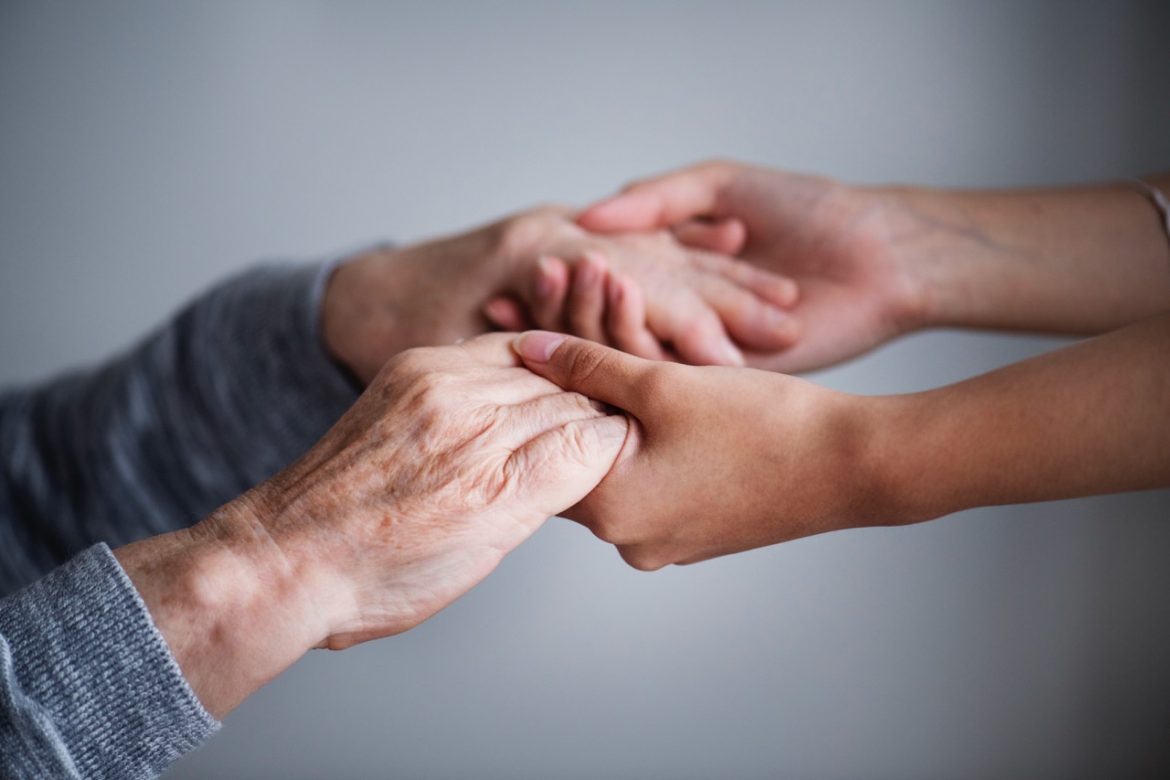You can’t pour from an empty cup. If you’re a caregiver, taking care of yourself isn’t optional, it’s survival. Here’s how to reclaim a little space for you.
Written by Shaneen Noble.
ALSO READ: What to eat when you want to beat dementia
If you’re caring for an elderly parent/in law, a child with special needs, or anyone who relies on you, it’s easy to disappear in their needs. Before long, you might realise you haven’t eaten well, rested or done something just for yourself in days.
Even with the best intentions, caregiving without self-care leads to burnout, exhaustion, irritability, subtle feelings of resentment, and guilt. You may think: ‘I love them – I shouldn’t be feeling like this.’ But that guilt only makes things harder, not easier.
Taking care of yourself isn’t selfish. It’s how you stay steady enough to care for others.
Practical self-care tips
- Boundaries: Know your limits and capabilities and communicate them clearly.
- Ask for help: Lean on friends, family or support services.
- Stay connected: Nurture relationships outside your caregiving role.
- Rest & Nutrition: Sleep and good food are your foundation.
- Have a routine: Structure brings clarity and ease.
- Do something just for you: A short walk, a quiet coffee, even 10 minutes – claim these moments to bring you back to your body.
Seek support without guilt
We were never meant to do so many things without community. Support groups, counselling, or simply talking to another carer who gets it can lighten the emotional load. You will be better for it, and so will the person you’re caring for.
Caring for yourself is a strength
Often caregivers neglect themselves because they think the other person ‘has it worse’, and they need to protect their dignity. But caring for yourself is not a luxury, it’s a strength. When you’re well, you can offer the best to those who need you most.
ALSO SEE:
Feature Image: Freepik

